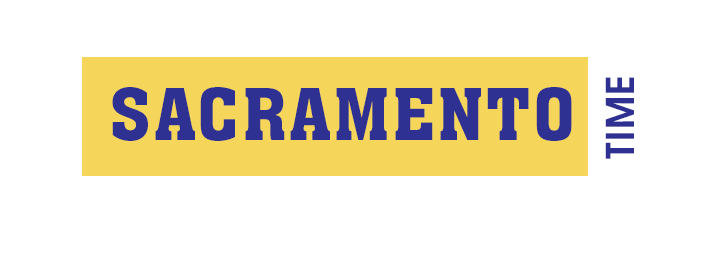Freelancers should ready themselves for shifting tax requirements by taking proactive steps
Workers in various industries are increasingly relying on apps for some or all of their income. This includes freelancers, gig workers, independent contractors, and online sellers who utilize platforms such as Venmo, Zelle, Cash App, and PayPal. However, tax regulations have yet to fully adapt to this shift in income reporting methods.
For the 2024 tax year, freelancers and gig workers who receive payments via these apps will see changes in their tax reporting requirements. While the amount of taxes owed remains unchanged, the method of reporting income using 1099-K forms will be altered.
Originally slated for implementation in the 2023 tax year, these changes have been postponed, with the tax filing deadline remaining April 15.
Currently, freelancers and small business owners only need to utilize 1099-K forms for reporting third-party app payments exceeding $20,000 or more than 200 transactions. However, starting next year, this threshold will be reduced to $5,000, eventually dropping to $600.
Some experts believe these changes will enhance information gathering for both freelancers and the IRS, particularly benefiting those who are self-employed and merchants selling online. Despite the reporting threshold adjustments, freelancers, gig workers, and online sellers are still obligated to pay taxes on their income.
Preparing for these changes is crucial. Those already maintaining accurate records of their app-based income should find the transition smoother. These platforms will issue additional forms for each transaction, simplifying IRS reporting. Failure to report income accurately can lead to complications, including underpayment and matching errors for the IRS.
In some instances, platforms may send taxpayers 1099-K forms in error. Taxpayers should attempt to obtain corrected forms from the issuing company. If this proves challenging, the IRS advises taxpayers to zero out the income on their tax returns, using a specific description to indicate the error.
The IRS’s decision to delay implementation for an additional year aims to mitigate confusion and ensure taxpayers and tax professionals can adjust to the new requirements. Additionally, the IRS provides resources such as the Gig Economy Tax Center to address common concerns and assist freelancers and informal economy workers.
Taxpayers should be diligent in accurately reporting all income, including earnings from various platforms like YouTube ads and Patreon subscriptions. Transferring payments from third-party platforms to traditional bank accounts can help ensure comprehensive income reporting.


